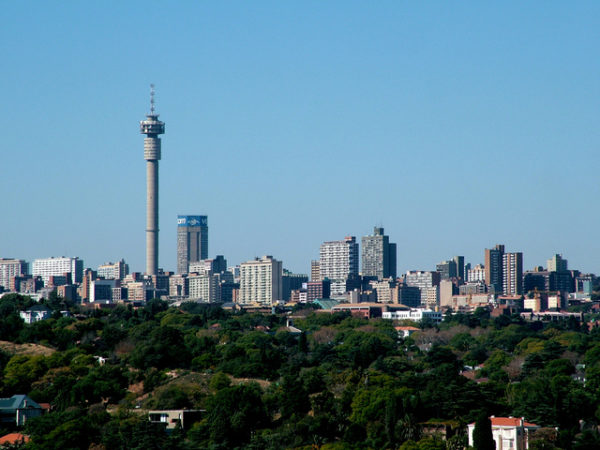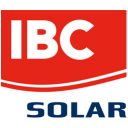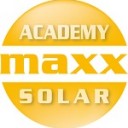Solar power in Johannesburg

If you are based in Johannesburg and thinking of installing solar power, then you could find this information helpful.
The following will be covered here:
- Electricity suppliers in Johannesburg
- Electricity Tariffs in Johannesburg
- Solar System grid connection requirements in Johannesburg
- Solar radiation in Johannesburg
- Solar panel orientation in Johannesburg
- Conclusion
Electricity suppliers in Johannesburg
Electricity in Johannesburg is mainly supplied by the following municipalities or directly by Eskom:
- City power
- Ekurhuleni
- Mogale City.
- Eskom direct
Each distributor has its own tariffs and process and application to connect your solar system to its grid.
Electricity Tariffs in Johannesburg
The tariff you pay is an important factor to consider when thinking of installing solar. The higher your tariff, the shorter the payback, and the higher your return on investment. The tariffs of the biggest distributors in Johannesburg can be found here:
All grid-tied installations, irrespective of the size, have to follow the process outlined by City Power for the Johannesburg metropolitan area.
Solar System grid connection requirements in Johannesburg
All City Power customers planning to install a solar power system should follow the permit application process prior to the installation and commissioning of the PV system. It is mandatory for customers with solar power systems already installed to follow the same process and register their installations with City Power.
Applicable standards and guidelines
The technical requirements for Small Scale Embedded Generation (SSEG) are covered in the following standards and guidelines. All installers preparing for an application should ensure compliance with the SSEG standards and guideline indicated below, amongst other recognized standards:
1. City of Johannesburg By Laws for Electrical Connections
2. SANS 10142
3. SANS 959
4. South African Renewable Power Plant Grid Code.
5. NRS 097-2-1 Grid interconnection Generation (Utility interface)
6. NRS 097-2-3 Grid connection of Embedded Generation (Simplified utility connection criteria for low-voltage connected generators).
7. IEC 62116 Test procedure of islanding prevention measures for utility-interconnected photovoltaic inverters.
8. IEC 62109-2 Safety of power converters for use in PV power systems –
Part 1: General requirements.
9. IEC 62053-22 Electricity Metering Equipment
10. IEC 60364 – 1 Low Voltage Electricity Installation
A site survey is very important as many installations are done at sites were pre-paid meters are currently installed. No system will be allowed to be connected to a pre-paid meter even if the system will have zero exporting.
The only meter that is currently re-programmable for bi-directional application is Itron. All other meters will need to be replaced. Provided all embedded generated power is legally connected by following the permit application, City Power welcomes grid feeding of all Renewable energy sources.
Acceptance of the plant
Once all commissioning tests have been completed and the installer has issued the relevant COC (certificate of compliance) for the installation, it will be the responsibility of the Installer to notify City Power of the status and request an official commissioning date. City Power will provide a date for their Engineer to visit the site together with the registered PR engineer and the commissioning documents will be signed off simultaneously by both parties at the site.
City Power Install Standards.pdf
Solar radiation in Johannesburg
Johannesburg has relatively high solar radiation in comparison with countries in Europe. The average specific energy yield in Johannesburg is 1 700 kWh / kWp / y. That means for every one kiloWatt of solar panels installed, one can expect it to produce 1700 kWh of energy per year. 1 700 kWh compared to 1 100 kWh in Munich Germany, means one can get 54% more energy production out in Johannesburg, than in Munich!

https://solargis.com/maps-and-gis-data/download/africa
Solar panel orientation in Johannesburg
The ideal solar panel orientation in Johannesburg is 27 degrees tilt and North orientation. A building's roof is very rarely perfectly North facing at 27 degrees. It is not always necessary to install panels exactly at the right angle and orientation. One has to weigh up the benefit in energy production with the cost of structures making it North facing. In most cases, it is not worth the extra cost. One also runs the risk of wind damage if panels are installed at an angle on a flat roof.
Optimum tilt and azimuth for solar collectors in South Africa using measured data
Conclusion
Solar power in Johannesburg makes economical and environmental sense due to:
- Falling cost of solar power and rising electricity tariffs;
- Relative high solar radiation in Johannesburg;
- Regulations in place allowing solar systems to connect to the electricity grid and export energy.
Interested in finding out how you can benefit from solar power in your home or business?
Then fill in our form to request a quote/consultation from qualified, pre-approved installers in your area.
29.10.2019 /

